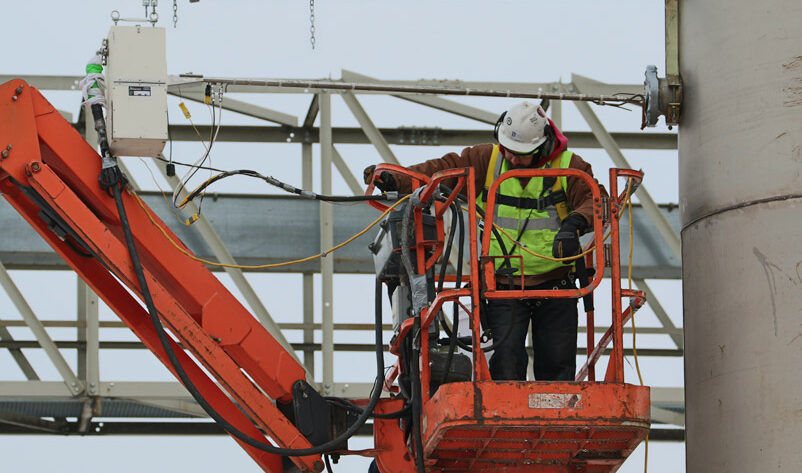Cement Plant Kiln Emission Test
The Cement Plant Kiln Emission Test is a critical component of ensuring environmental compliance and sustainability in the production of cement. This service involves the analysis of gases emitted during the kiln process, which are essential for both quality control and regulatory adherence.
Regulatory standards such as ISO 14067:2018 provide guidelines that help manufacturers understand the emission levels they need to meet. The test encompasses a variety of gaseous compounds including CO2, NOx, SOx, and volatile organic compounds (VOCs). These emissions are not only harmful to human health but also contribute significantly to environmental degradation.
The process begins with sampling the exhaust gases from the kiln using specialized equipment. Once collected, these samples undergo rigorous analysis in our laboratory. Our state-of-the-art facilities employ advanced instrumentation like gas chromatographs and mass spectrometers to measure the precise levels of each compound present. The accuracy and precision of this testing are paramount given its regulatory implications.
Apart from meeting compliance requirements, the data obtained from these tests can be used internally within a company for continuous improvement initiatives. Understanding exactly what is being emitted allows companies to implement strategies aimed at reducing emissions, thereby contributing positively towards sustainability goals.
The importance of this service extends beyond just meeting legal standards; it also plays a key role in building trust among stakeholders including customers and investors who increasingly demand environmentally responsible practices from their suppliers. By providing reliable emission test results, we help our clients demonstrate their commitment to environmental responsibility while maintaining operational efficiency.
Environmental and Sustainability Contributions
- The accurate measurement of emissions allows companies to set realistic reduction targets.
- By identifying high-emission processes, businesses can focus their efforts on making necessary changes.
- Data from these tests informs policy decisions both internally within the organization and externally in influencing industry standards.
- Regular monitoring supports continuous improvement initiatives aimed at reducing overall environmental impact.
Competitive Advantage and Market Impact
In today’s market, consumers and investors are becoming more environmentally conscious. Demonstrating a commitment to sustainability can be a significant differentiator for cement manufacturers. By offering reliable emission test results, companies not only meet regulatory requirements but also enhance their reputation with stakeholders.
Compliance with emissions standards is increasingly seen as a key indicator of corporate social responsibility (CSR). This can translate into better relationships with customers and suppliers, potentially leading to increased market share and profitability. Moreover, staying ahead of emerging regulations and standards allows companies to avoid costly penalties and disruptions caused by non-compliance.
The ability to accurately measure emissions also provides valuable data that can inform strategic decisions related to technology upgrades or process modifications. These insights contribute directly to operational efficiency and cost savings, ultimately enhancing the overall competitiveness of a company in the global market.
Use Cases and Application Examples
In practice, this service is applied across various stages of cement production. From raw material blending to final kiln firing, each step contributes differently to overall emissions levels. By conducting regular tests throughout these phases, manufacturers can pinpoint specific areas where improvements are needed.
An illustrative example would be a major player in the global cement industry that has implemented our emission testing service. Through consistent monitoring and analysis, they have successfully reduced their carbon footprint by optimizing fuel usage and improving combustion efficiency. This case study highlights how precise emissions data can lead to tangible benefits for both the environment and business performance.
Another application involves smaller local operations looking to comply with stricter regional regulations. Our comprehensive testing package ensures that even small-scale plants have access to high-quality analytical services, leveling the playing field in terms of environmental compliance.





